Key finding
Improving nutrition poses the biggest challenge
The pivotal importance of ensuring accessibility and availability of healthy foods, particularly for the most vulnerable, is evident and widely recognised. However, the majority of companies struggle to identify how they can contribute to this urgent health challenge. Most surprisingly, even food retailers, despite their consumer-facing position in the value chain, lack a comprehensive strategy for improving access to healthy foods.

A global effort to improve nutrition is recognised in SDG 2 (zero hunger) and SDG 3 (good health and well-being) as well as the UN Food Systems Summit’s Action Track 1 (ensure access to safe and nutritious food for all) and Action Track 2 (shift to sustainable consumption patterns). Combatting malnutrition – in all its forms – is one of the greatest global health challenges of our time, affecting every person and country. Poor diets are still responsible for more deaths worldwide than any other risk factor. One in three people are overweight or obese, almost 40 million of whom are children under the age of five. Although we have already hit the halfway mark of the UN Decade of Action on Nutrition (2016-2025), an alarmingly small number of companies have committed to helping consumers make better food choices.
Retailers, restaurants and food service providers are lagging behind
Downstream companies like retailers, restaurants and food service providers are well positioned to address the nutrition challenge but are lagging behind. Notably, the assessment did not identify a single retailer that demonstrated a comprehensive set of commitments to help consumers make healthier choices. As a result, we are seeing increased action by governments (e.g. in Mexico and the United Kingdom) who are introducing legislation making it mandatory to issue health warnings on ‘unhealthy foods’ and obliging retailers not to include ‘unhealthy foods’ in promotional discounts. While governments are needed to create an enabling environment, companies should not rely solely on legislation to inform their business policy and practices. To drive transformative change throughout the sector we need to see companies take ownership of their nutrition strategies. This means shifting from compliance to leadership. Companies should be collaborating with other stakeholders, including policy-makers, on these issues, exercising their corporate citizenship to ensure a healthier future for all.
More clarity needed on how nutrition can be tackled across the value chain
Of the three dimensions assessed in this baseline research, nutrition had the smallest number of commitments. While we believe companies across the value chain have a role to play in tackling poor nutrition, there needs to be further clarity on what is required. This is most apparent for upstream and midstream companies; 63% of agricultural input companies demonstrated zero commitment to nutritional targets. For downstream companies, with their consumer-facing position in the value chain, the challenge is more evident and expectations on their contribution to nutrition and health are clearer. Despite this, these companies, notably those in the retail sector, are falling short.
Across the value chain, a lack of clarity on what is required as well as evidence that downstream companies are still not making well-rounded commitments, raises concerns about how to achieve consensus and progress in this hugely important dimension. This includes the challenge of developing a meaningful accountability mechanism that is applicable across the value chain. For that reason, the draft Food & Agriculture Benchmark methodology includes some key questions on this matter, open now for public consultation. However, in the baseline research we did find inspiring leading practices among a handful of upstream companies that are demonstrating a strong commitment to food security and improved nutrition through fortification. Education and sharing of best practices therefore can play a key role in identifying ways in which companies can contribute to more nutritious foods and incentivising business impact.
